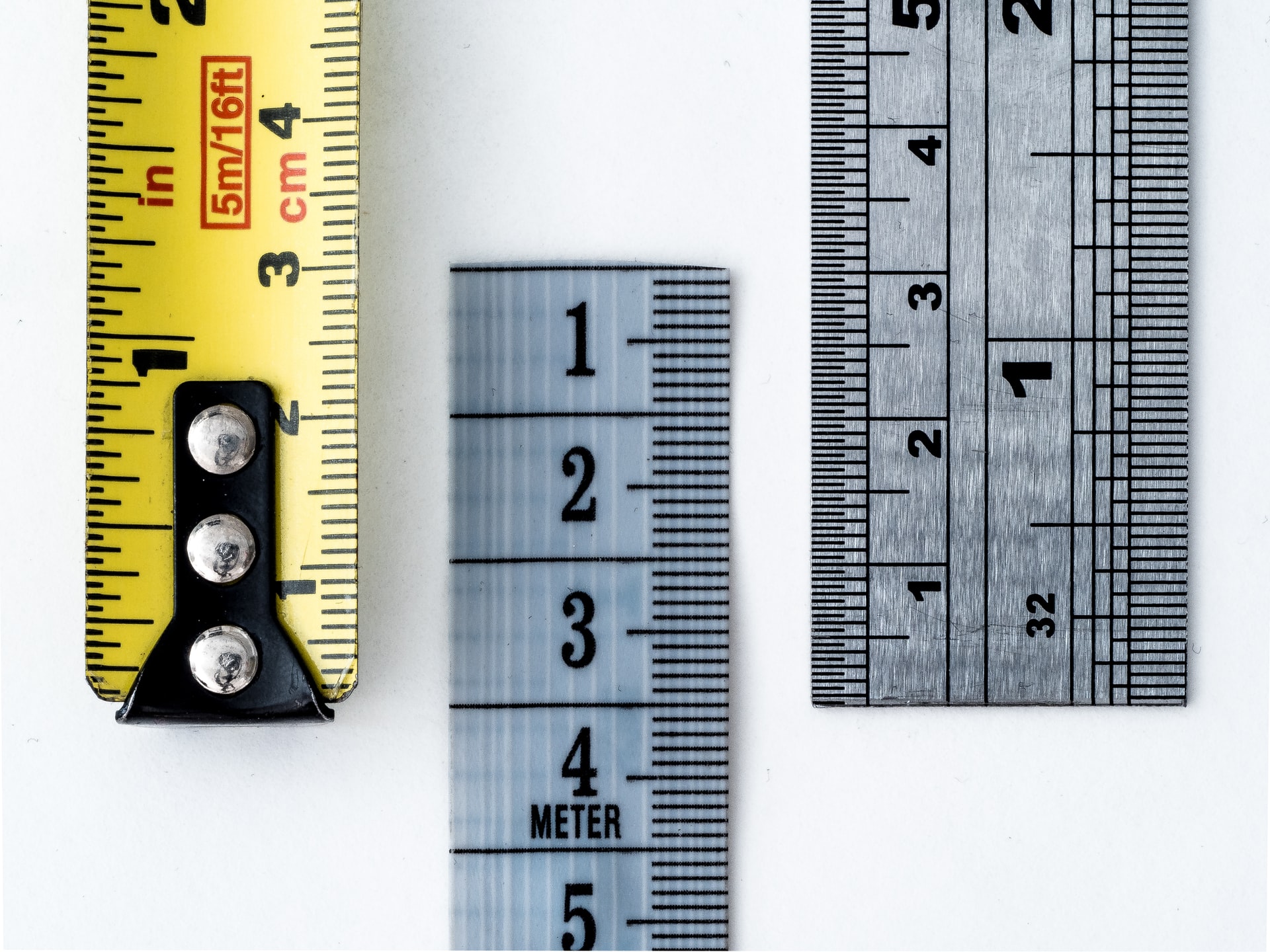Do You Have Trouble Saying, “I’m Enough”?
Brene Brown calls the ego “The Hustler.” It tells you that you’re never enough. And it thrives in our scarcity culture.
Never good enough
Never have enough
Never done enough
Never safe enough
Never loved enough
This pattern of thinking leads to anxiety, distraction, and resentment.
For example, the day I published my recent book, I took a walk with a dear friend.
At first, I shared my excitement. Then I wondered aloud whether it could have been a better book, whether it would be worth people’s time and investment.
He listened and let me process.
I was shocked at what happened next.
I started crying, releasing months of emotion I’d held inside as I worked on the book.
That’s when I finally realized and named the relentless voice that’s haunted me since I started writing the book:
It’s not good enough. You’re not good enough.
The Original Sin: Rebelling Against Limits
The Hustler in me hates my limits.
Today, for example, is my final day of a 17-day COVID quarantine. During that time, I’ve struggled with patience and anxiety. That’s partially due to the health concerns of COVID. More than that, it’s because we’ve been stuck at home trying to balance two working parents and three kids remote learning. Our standard grocery items aren’t all in the refrigerator and none of my time is my own. Ahhh!
Relative to all the problems in the world that I could be facing, I know I don’t have much right to complain.
But in my mind, it’s not enough.
Expectation-Induced Stress
Creative work, like writing a book, and daily work, like managing a family quarantine, are stressful because of expectation-induced stress.
I develop expectations for my life — my comfort, the way I should be treated, and what I’m able to accomplish. Anything short of those expectations produces fear and resentment.
Do you have any expectations of yourself or your circumstances that are not being met? To mitigate this deeply human and intrinsic response in the face of fears and limits, let’s consider the following proven strategies.
Strategies for Accepting That You Are Enough
- Accept and communicate your limits. Could my book have been better? Probably. After all, anything can be made better. Was I letting people down when I couldn’t accomplish everything I wanted to during my quarantine? Sure. We’re human. Take a deep breath and experience the freedom of naming and saying your limits.
- Gratitude, gratitude, gratitude. What’s the antidote to scarcity? Thankfulness. It’s virtually impossible to be afraid, resentful, or frustrated when you’re focused on what’s good and positive.
- Expect nothing from others. You might expect things of others — that’s accountability and encouragement. Expecting things from others leads to codependence and letdown. Cultivate the ability to self-soothe and self-regulate and your anxiety will pass away.
- Stop saying, “What about me?” or “I deserve this.” These phrases can kill a relationship and your own peace of mind. Maintaining a posture of humility and gentleness means finding ways to meet your own needs while serving the needs of others.
- Repeat this: “It’s enough.” “I’m enough.” That’s been my mantra, and it’s made an enormous impact on my ability to accept myself, my circumstances, and others around me.
The book I recently wrote is about developing better patterns in work and in life. I realized as I grow and work with others on their development that we all need to move beyond patterns that now hold us back.
Consider getting a copy, going through the exercises in the book, and discussing it with a trusted friend….
And quiet your inner Hustler.










Comments are closed here.